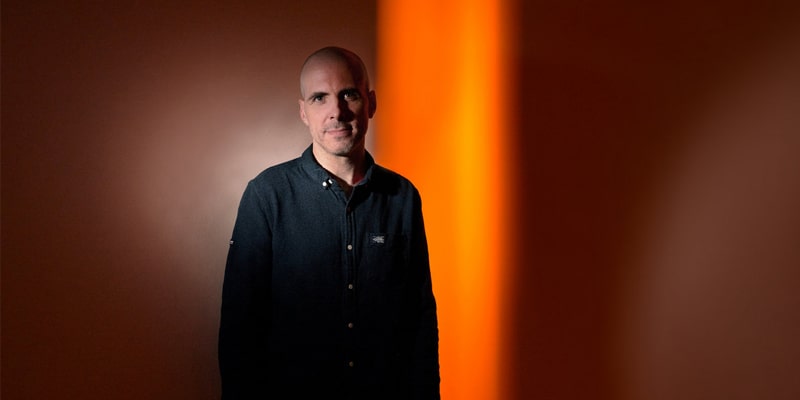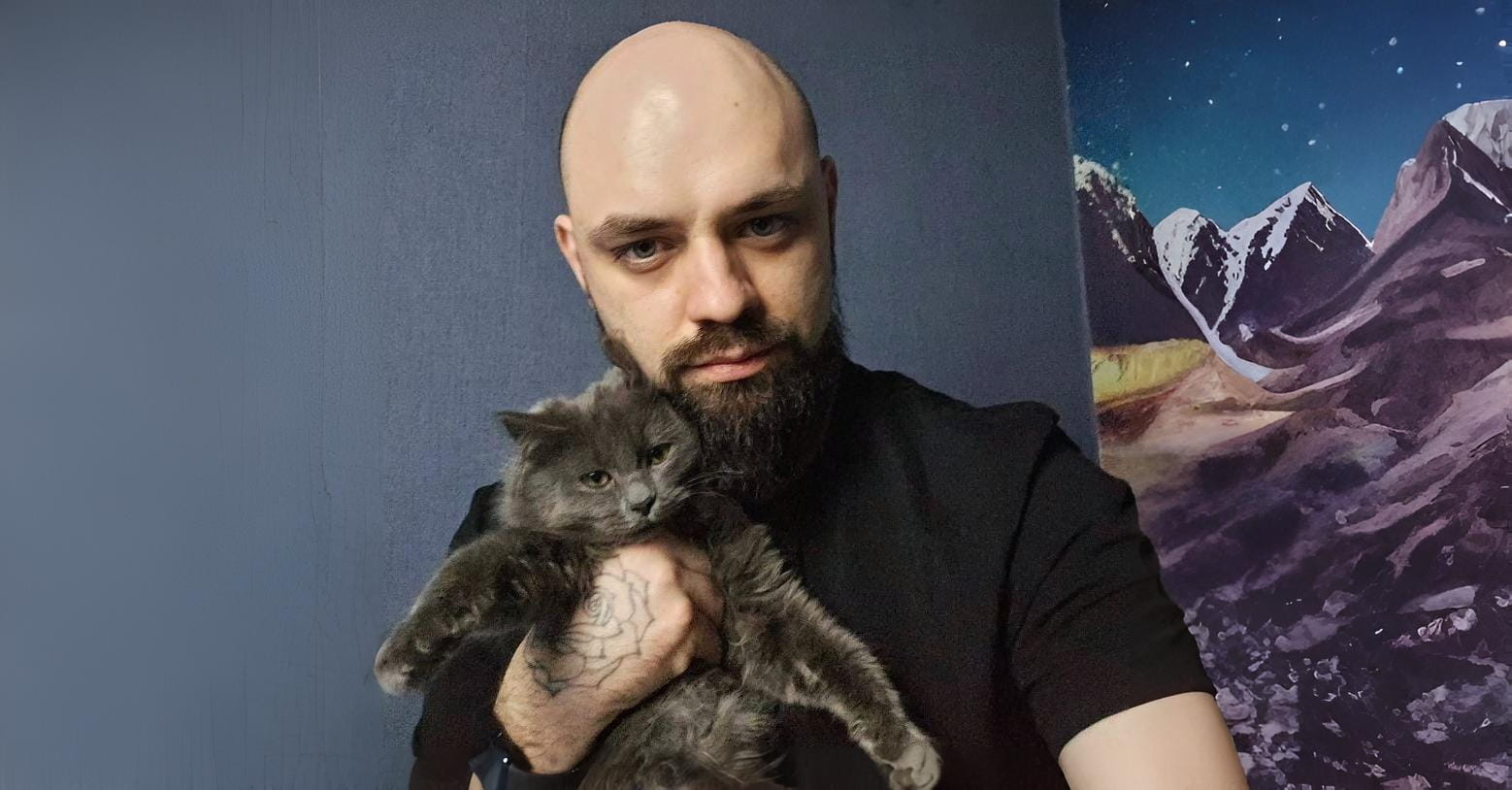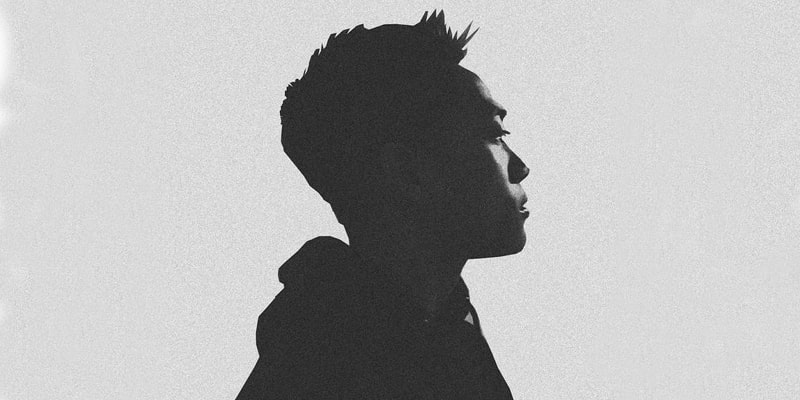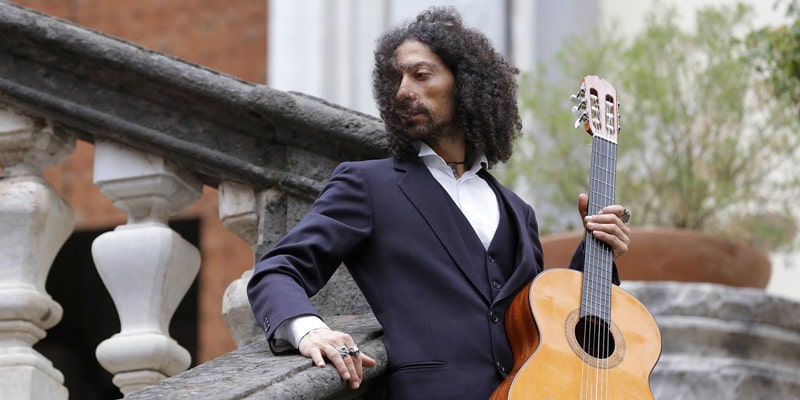In a saturated world of aggressive drops and formulaic electronic music, Phaeleh (Matt Preston) has quietly carved a space of emotional depth and ambient stillness. Emerging from the post-dubstep era of the mid-2000s, his music blends melody, melancholy, and space in a way that transcends trends. Rooted in classical training and personal introspection, Phaeleh’s work feels less like club music and more like a sonic diary — deeply reflective, honest, and atmospherically rich.
In this curated interview collage — drawn from several conversations spanning over a decade — we piece together a portrait of the artist: his inspirations, tools, philosophy, and quiet resistance to the noise of the mainstream.
— How would you describe your music to someone hearing it for the first time?
I call it melodic, emotional, atmospheric electronic music. It’s somewhere between dubstep, ambient, and future garage. Everything I create is about trying to capture a feeling, a state of mind, or a memory.
— Your background is in classical music. How has that shaped your sound?
I was trained in guitar and piano from a young age. Later, I found myself composing melodies and harmonies — and I think that classical foundation still shapes how I build a track today. I treat every song like a full composition, not just a beat.
— So how did you first get into electronic music?
Around 2005 or 2006, friends introduced me to dubstep. I was DJing, but I slowly leaned toward making something more immersive, more delicate — something that left space in the noise. I wanted silence inside the sound.
— There’s a lot of space and air in your tracks. Where does that come from?
A big part of that is field recording — I love capturing environmental sounds. Rain, leaves rustling, distant trains… it all breathes life into the music. For me, a track isn’t complete unless it breathes.
— How important is gear in your setup?
I’m not obsessed with having the latest toys, but my RME gear — especially the Babyface and ADI‑2 — is crucial. TotalMix FX gives me full routing control, which is massive for both studio work and live streaming. If I lost that setup, I’d be emotionally scarred (laughs).
— What matters most to you in music?
Authenticity. I don’t chase trends. If it’s not honest, people will feel that. I believe in melody and simplicity. A lot of my tracks are ways of processing personal things. Music is my therapy.
— Any advice for new artists?
Don’t try to be “like someone else.” Create what you feel. Keep it simple but real. Substance always matters more than hype.
Final Thoughts
Through years of subtle evolution, Phaeleh remains a pillar of introspective electronic music, bridging the gap between ambient textures and bass-heavy foundations. His refusal to chase hype, his loyalty to authenticity, and his ability to craft immersive emotional landscapes make him more than just a producer — he’s a storyteller without words.
Whether you’re new to his catalog or a longtime listener, one thing is clear: in a world rushing to be loud, Phaeleh teaches us the power of silence.
Sources used in this interview collage:
Truants Interview, 2016
Synthax Interview, 2023
MOYMA Quick-Fire Interview, 2011
Bassweight Society Interview, 2012




